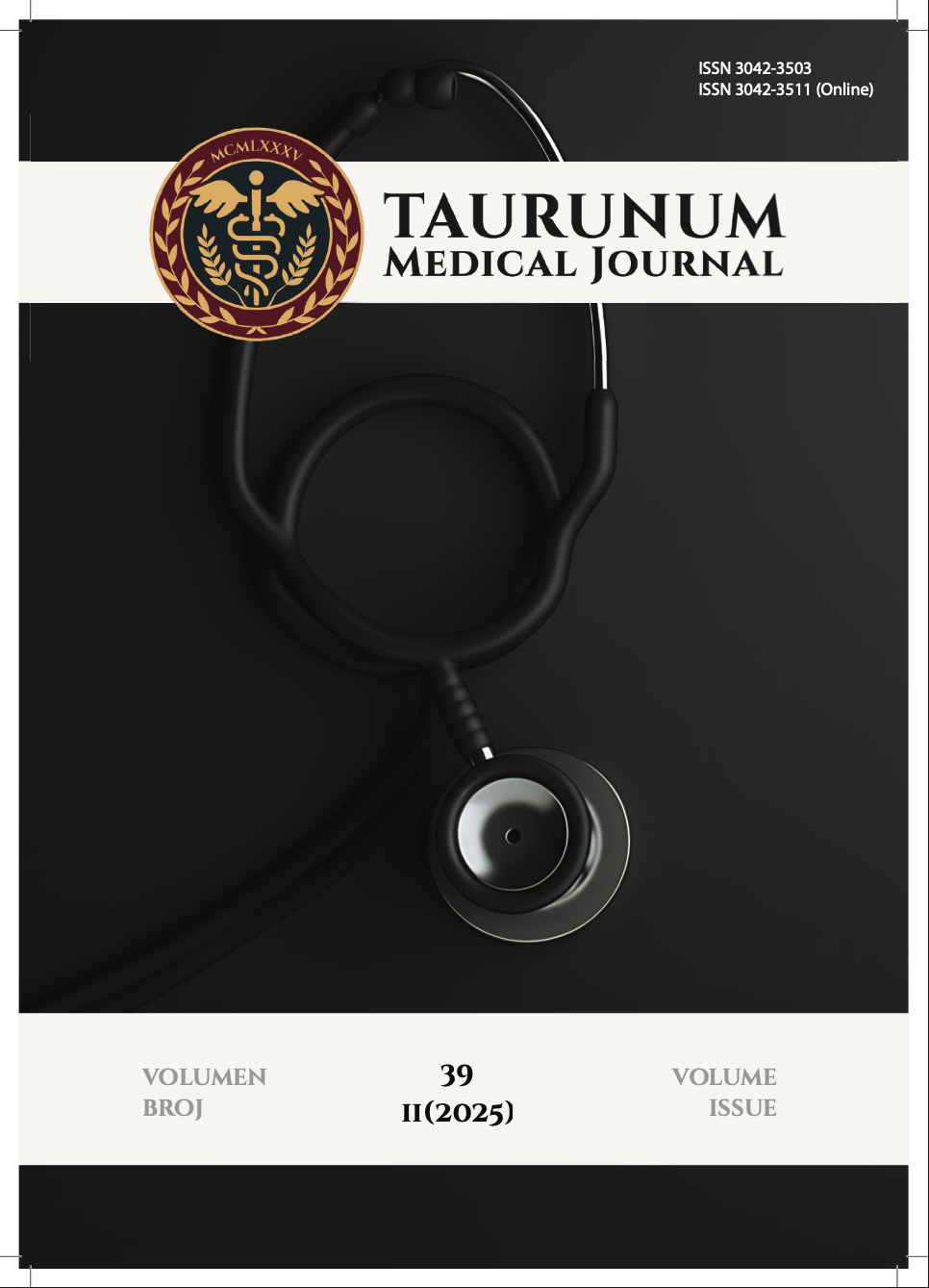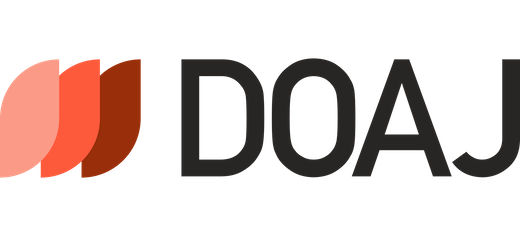Current issue

Volume 39, Issue 2, 2025
Online ISSN: 3042-3511
ISSN: 3042-3503
Volume 39 , Issue 2, (2025)
Published: 12.11.2025.
Open Access
All issues
Contents
01.12.2017.
Review Article
The misues of knoweledge: bioethics and security issues related to synthetic biology
The design and construction of new biological systems in the way engineers design electronic or mechanical systems is the primary goal of synthetic biology. The ability to create and modify life forms and easy access to information to do so has raised a number of issues related to ethics and security. In the era of rapid development of biotechnology, and the perception of the consequent risks to the environment and health, the ethics of knowledge becomes a matter of practical significance. The concern about the misuse of knowledge from synthetic biology influences new risk reduction strategies, which can have significant effects on scientific progress. This paper will provide an overview of the main bioethical and biosafety issues of synthetic biology.
Tatjana Marinković, Veljko Samardžić, Aleksandar Pajić, Dragan Marinković
01.12.2017.
Review Article
Neurosciences and neuroimaging in service of neuroeconomics
As a consequence of significant development of neurosciences several different scientific fields as neuroeducation, neuroesthetics, nerotheology, neuromarketing etc. had been established. Neuroeconomics is interdisciplinary scientific field that has aim to explain neurological mechanisms of decision making process, mental ability of consideration of several possible alternatives, and ability to follow certain direction of action. Neuroeconomics is based on research methods, techniques and models that are overtaken from neurosciences, but also from cognitive and social psychology, as well as from experimental and behavioral economics. In practical sense, neuroeconomics is mainly involved in situations in which humans are not behaving according to rational model, but rather according to innate and adapted schemes of behavior and due to their strong emotional reaction. In this way, knowledge from the scientific fields of neurology and neurosciences that are obtained mainly by usage of neuroimaging, are used in example to investigate market or to determine functioning of employees in critical situations. This kind of practical approach opens several ethical and legal dilemmas..
Dragan Marinković, Veljko Samardžić, Tatjana Marinković
01.12.2014.
Review Article
Investigation of motivation for providing support to children with malignant diseases
Hair loss in children hospitalized for malignant diseases treatment is most visible manifestation that dramatically influences their later selfconfidence. Further, this could strongly affect possible development of psychic crisis. Scientific researches on motivational aspects of involvement for provision of non-formal categories of support to patients with malignant diseases are infrequent. Therefore, this topic should be more investigated in future. Humanitarian initiative “Kilometer of hair”, as unique philanthropic activity at territory of Serbia in year 2015, had as an aim to collect hair for preparation of wigs for children treated for malignant diseases. The main question in our study was definition of key motives for hair donation. We classified three main groups of motives. Altruism was detected as motivation in almost one-half of all interviewed subjects. Second group included almost one third of all subjects and their main motivation for hair donation was empathy. The smallest percentage of hair donors was motivated with some kind of public approval and welcome from society. We believe that further research in this area could give some directives for program planning of further improvement of social awareness for psychosocial support to children with malignant diseases.
Luka Mijatović, Dragan Rapaić, Danijela Ilić-Stošović, Snežana Ilić, Jasmina Maksić, Dragan Marinković



